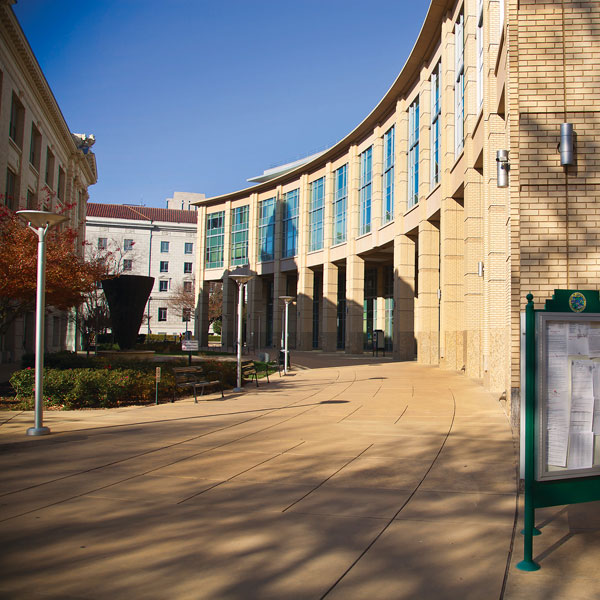Drunken Sailors
By Jeff Harris
February 2024
When the Great Recession took hold in 2009, Sacramento found itself in dire financial straits. Revenues plummeted. Nearly 20% of the city workforce was laid off. It was tough times.
Has the current City Council learned from those days? Apparently not. No member of today’s council was at City Hall in 2009 to deal with the municipal fiscal emergency. Now they face a similar situation, but with different causes.
Since 2016, the city finance team warned of deficits down the road. The budget now shows a $47 million shortfall for the next fiscal year. State law says the budget must be balanced. This means the council must either increase taxes or make drastic cuts.

To put this in perspective, in 2009 the council faced a $45 million gap. That meant laying off 1,000 city employees, including police officers; closing community centers and pools; and cutting constituent services. Fire stations were shuttered on a rolling basis.
The city desperately needed more revenue. Measure U created a half-cent sales tax and helped bring financial stability. Mayor Darrell Steinberg led the campaign to increase the tax to a full cent, saying the money would be used to improve neighborhoods.
The truth was most of the money was needed for unfunded pension liabilities, larger CalPers retirement contributions and repairs to aging infrastructure.
During the pandemic, finances got tight. But there was outside help. The federal government allocated about $200 million to Sacramento.
The City Council used some of this one-time money to start new ongoing expenditures. The Office of Diversity and Equity was formed. Climate spending was increased.
New programs included the FUEL Network, Thousand Strong, RydeFreeRT, The People’s Budget and Summer Night Lights. The Office of Public Safety Accountability and the city attorney’s office hired new employees.
Are these worthwhile programs? They have value—if you can afford them.
To make matters worse, city public employee unions have been given substantial hikes in wages and benefits in every negotiation. This year they received 6% raises. That’s about $10 million out the door, more in future years.
As a councilmember, I argued for binding arbitration to give the city more bargaining power and keep increases within our budget. My colleagues rejected the idea.
The council just increased its own office budgets by $500,000. Charter officers got big raises. Voters passed Measure L, which locks up $9 million annually for youth spending. I vigorously opposed it.
The current deficit isn’t a revenue problem, as it was in the recession. It’s a spending problem.
What do constituents want? Annual surveys make the answer clear. A clean, safe city with decent roads. Strong enforcement of code violations. Thriving businesses. These fundamentals have not been achieved.
How did we get here? Simple. Unrealistic desires of councilmembers and the mayor. They wanted to make a positive impact. But they overspent. There’s been a glaring lack of fiscal responsibility.
When Steinberg exits in December, he leaves the city in far worse fiscal shape than he found it in 2016. The new mayor will spend most of their time leading the council to make budget cuts.
What will hit the chopping block? Possibilities include staff positions, homeless spending and programs mentioned above. Perhaps concessions from unions will be considered. It’s not going to be easy to close the gap and pass a sustainable budget.
Solutions require fiscal discipline.
That’s what has been missing.
Jeff Harris represented District 3 on City Council from 2014 to 2022. He can be reached at cadence@mycci.net. Follow us on Facebook and Instagram: @insidesacramento.
















